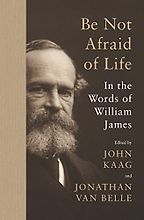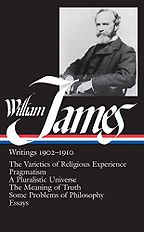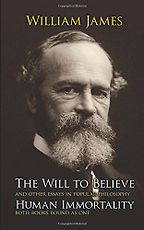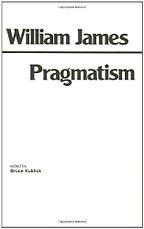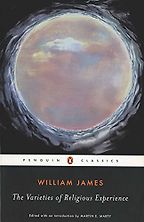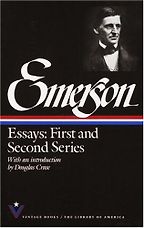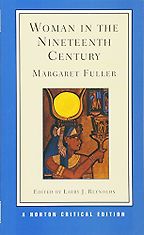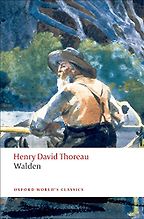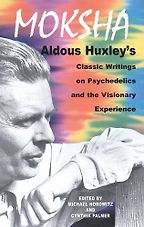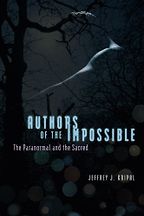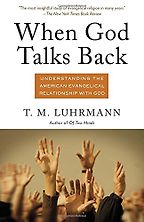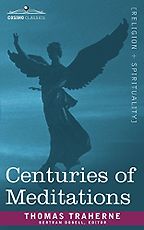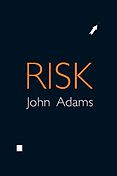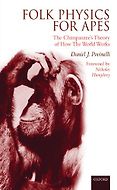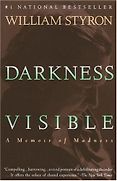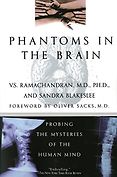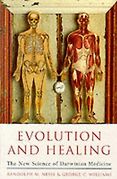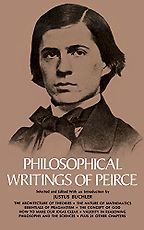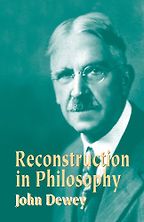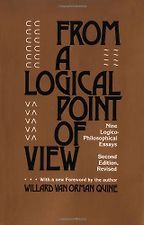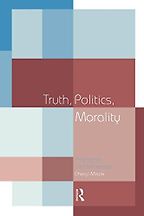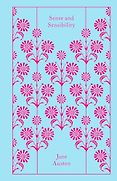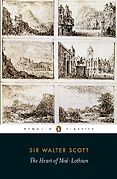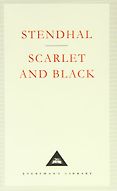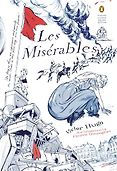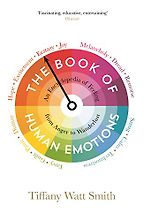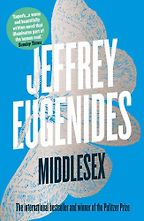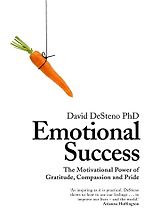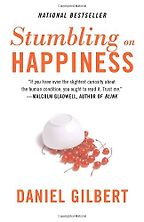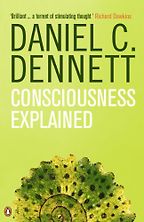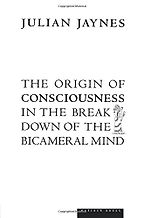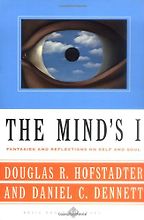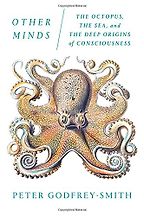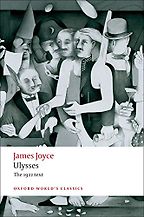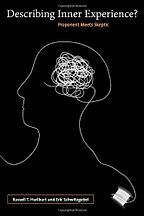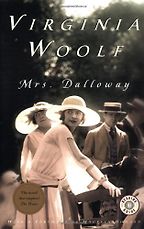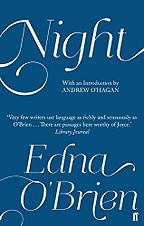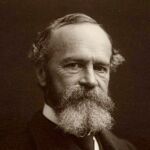
Books by William James
William James was a 19th-century American intellectual who made contributions to a range of disciplines including psychology and philosophy. Despite being written more than a century ago, his books continue to be recommended by experts on Five Books for a variety of reasons. A popular book introducing William James and why he’s still relevant today is Sick Souls, Healthy Minds: How William James Can Save Your Life by American philosopher John Kaag.
William was the brother of novelist Henry James.
Be Not Afraid of Life: In the Words of William James
by John Kaag, Jonathan van Belle & William James
This book is a selection of writings by William James, the 19th-century American intellectual who not only founded the school of philosophy known as Pragmatism and made a huge contribution to the emerging field of psychology, but was also very interested in the spiritual. He's relevant today because he asked some of the big questions about the value of life, freedom, and the experience of consciousness. The book is edited with an introduction by John Kaag (author of Sick Souls, Healthy Minds: How William James Can Save Your Life) and Jonathan van Belle.
“One of the reasons I suggested this one was because it includes ‘The Will to Believe.’ In matters like friendship, courtship, love, and affection, James’ ‘Will to Believe’ can make a big difference to in someone’s life, in addition to the theological question.” Read more...
The best books on American Philosophy
John Kaag, Philosopher
“In the 19th century, psychology as a science was born when people started to use the methods of neurology and physiology to search for the physical basis of mental categories that came from mental philosophy. William James is sometimes considered the father of American psychology, primarily because he wrote extremely well, and he captured ideas that were in the zeitgeist at the time. He was just a really thoughtful, interesting thinker.” Read more...
Lisa Feldman Barrett, Psychologist
“If anybody ever wants to read a book of philosophy that’s about truth and meaning and religion and metaphysics that is a breeze — that you could almost read at the poolside — James’s Pragmatism is a brilliantly written piece of philosophy. I don’t think it’s too far of a stretch to say that William was a better writer than his brother.” Read more...
Robert Talisse, Philosopher
“He said there was the individual self, the social self, but there was also the spiritual self. James was very serious about looking at the spiritual self in as careful a scientific way as possible.” Read more...
The best books on American Philosophy
John Kaag, Philosopher
Interviews where books by William James were recommended
The best books on American Philosophy, recommended by John Kaag
Should we be moral? Should we love? John Kaag, philosopher and author of American Philosophy: A Love Story and Hiking with Nietzsche: On Becoming Who You Are, puzzles how five American Pragmatist and Transcendentalist philosophers quarrel with these searching questions and other timeless subjects, from faith and belief to human rights.
-

1
The Varieties of Religious Experience
by William James -

2
Moksha: Aldous Huxley's Classic Writings on Psychedelics and the Visionary Experience
by Aldous Huxley -
3
Authors of the Impossible: The Paranormal and the Sacred
by Jeffrey J Kripal -

4
When God Talks Back: Understanding the American Evangelical Relationship with God
by Tanya Luhrmann -

5
Centuries of Meditations
by Thomas Traherne
The best books on Ecstatic Experiences, recommended by Jules Evans
The best books on Ecstatic Experiences, recommended by Jules Evans
States of ecstasy (from the ancient Greek ekstasis, meaning ‘standing outside’) are moments when you lose your ordinary sense of self and feel connected to something greater than you. It can be euphoric, but it can also be terrifying, says the philosopher Jules Evans. Here he selects five books that explore the significance and power of these surprisingly common experiences.
The best books on Science, recommended by Lewis Wolpert
The Emeritus Professor of Biology at University College, London, Lewis Wolpert, talks about five science books that he loves, from risk and the human brain to evolution and a masterpiece on what it’s like to experience depression.
The best books on Pragmatism, recommended by Robert Talisse
Pragmatism is a philosophical movement that has dominated philosophy in America from the early 1900s to the present day, argues the philosopher and political theorist Robert Talisse. He chooses the best books on pragmatism.
The Best 19th-Century Books
The 19th century was a golden age for books, with the flourishing of great realist novels, as well as epic adventure stories and what would turn out to be distinct genres, including sci-fi, horror, and mystery. It was also an important time for the history of ideas, with the publication of key books that would change the world, and how we view it, forever.
-

1
The Book of Human Emotions: An Encyclopedia of Feeling from Anger to Wanderlust
by Tiffany Watt Smith -

2
Middlesex
by Jeffrey Eugenides -

3
Principles of Psychology
by William James -

4
Emotional Success: The Power of Gratitude, Compassion and Pride
by David DeSteno -

5
Stumbling on Happiness
by Daniel Gilbert
The Best Books on Emotions, recommended by Lisa Feldman Barrett
The Best Books on Emotions, recommended by Lisa Feldman Barrett
Not every culture has a word for ‘fear.’ Smiling was an invention of the Middle Ages. There’s a lot that will surprise you about the way we process emotions, says the neuroscientist and psychologist Lisa Feldman Barrett. Here she picks five books that illustrate our understanding of how emotions work.
-

1
Consciousness Explained
by Daniel Dennett -

2
Principles of Psychology
by William James -

3
The Origin of Consciousness in the Breakdown of the Bicameral Mind
by Julian Jaynes -

4
The Mind's I: Fantasies And Reflections On Self & Soul
by Daniel Dennett & Douglas Hofstadter -

5
Other Minds: The Octopus and the Evolution of Intelligent Life
by Peter Godfrey-Smith
The best books on Consciousness, recommended by Susan Blackmore
The best books on Consciousness, recommended by Susan Blackmore
The ‘hard problem’ of consciousness – of how the physical matter of the brain produces the psychological phenomenon of consciousness – has dogged psychologists and neuroscientists for decades. But what if we’ve been posing the question incorrectly all this time? The psychologist Susan Blackmore discusses five key texts that tackle this quicksilver concept.
The best books on Streams of Consciousness, recommended by Charles Fernyhough
Is it possible to describe or study our inner experience, and – if so – how might one go about it? Charles Fernyhough, professor of psychology and author of The Voices Within chooses five of the best books that employ or examine streams of consciousness.
